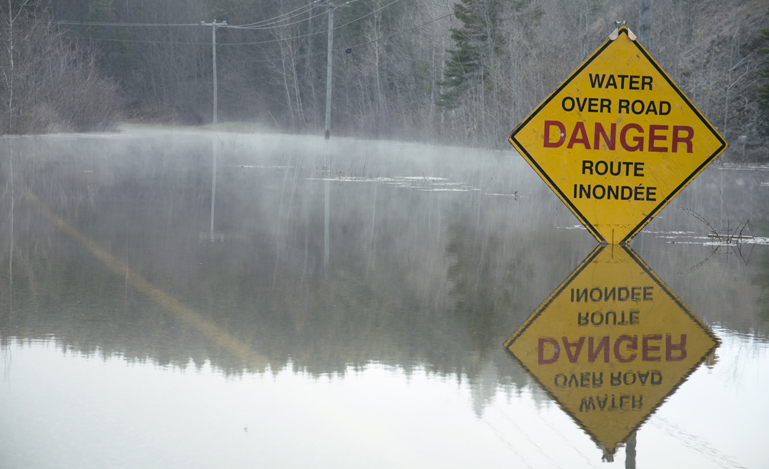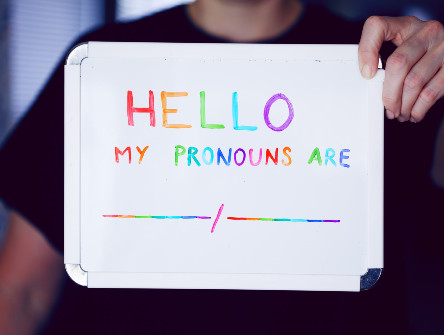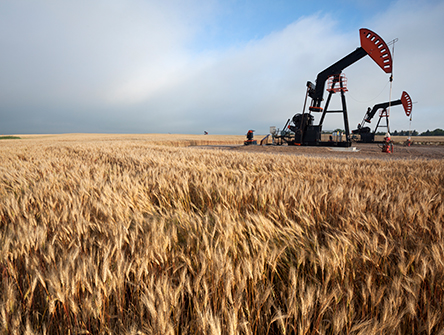Climate emergencies and the rule of law
State action in response to climate disasters must be demonstrably fair and account for the hugely unequal impacts of climate change.

“We are in the midst of a climate emergency which poses a threat to our health, our planet and our children and grandchildren’s future,” London Mayor Sadiq Khan told the Guardian upon declaring a climate emergency in the United Kingdom’s capital city. In Canada, hundreds of cities across six provinces have followed suit, including Vancouver and Halifax. They have authorized a range of measures, from expedited funding for local adaptation needs, such as building or improving sea walls, to fast-tracking municipal measures to achieve carbon neutrality.
Given the urgent need for climate action, these municipal emergency declarations contain welcome commitments. But they also underscore another challenge that we face: What role must law play in a state of perpetual climate emergency?
For decades, environmentalists have urged governments to grasp the climate change threat. They have pleaded for urgent state action as they would in a time of war or under the menace of terrorist threats. The recent proliferation of climate emergency declarations suggests that some leaders are beginning to see it this way. Recent record-breaking floods, wildfires, storms and fatal heat waves across Canada foreshadow the catastrophic impacts of planetary warming of more than 1.5-degrees predicted by the Intergovernmental Panel on Climate Change.
It should come as no surprise that cities are responding to climate change with urgent emergency measures. Cities are at the front line of climate disaster. But that concern is likely to spread to other levels of government – here in Canada and elsewhere. And before it does, we should pause to reflect on legal theorist Carl Schmitt’s infamous claim that, in times of emergency, “the state remains whereas the law recedes.”
Contemporary jurists have responded to Schmitt by emphasizing the critical role of law in times of crisis. In their telling, the rule of law acts as a crucial check on arbitrariness, imposing procedural and substantive constraints on coercive state power. The courts are the rule-of-law guardians, working, in principle, to block unjustified and illegitimate state action.
Applying that insight to managing climate emergencies, the question is whether the rule of law must similarly impede governments as they heed the dramatic IPCC warnings and take vital action on climate change. Or must this commitment, as Schmitt suggests, give way to unconstrained emergency responses?
A response lies in realizing the facilitative and substantive dimensions of the rule of law. The rule of law commands attention to those most vulnerable to state action and inaction. It also requires climate decision-making processes that are transparent, and that afford those affected a right to be heard.
Moreover, the rule of law is not solely about the courts constraining executive action through judicial review. It is also about how front-line decision-makers make decisions with legal authority in the first instance. Thus, confronted with a climate emergency, lawmakers and state actors will be more effective and legitimate to the extent to which they act within the parameters of our commitment to the rule of law. In short, the rule of law as a guiding frame for responses to climate emergency guarantees a better response by the government—on many fronts.
This conception of the rule of law should be familiar to lawyers. It contains the foundational common law principles of fairness and reasonableness, refined and scaled up to address the behemoth challenge of climate change. At an operational level, the rule of law requires that public decisions be demonstrably fair and reasonable. Public decisions – to evacuate residents due to wildfire, or rezone land newly susceptible to flood, for example – must adhere to these foundational common law principles. To be reasonable, decisions must be sufficiently protective of vulnerable interests. To be fair, they must afford those affected a right to be heard.
Decisions on how to respond to climate disasters must account for the hugely unequal impacts of climate change. We know, for example, that extreme weather disproportionately affects those who live in poverty, most acutely those who are homeless. What’s more, disproportionate long-term and sustained impacts of climate change are already borne by Inuit in Canada and will continue to disproportionately impact Indigenous communities across the country, those whose cultures and governance systems are intertwined with relations to the land. Adherence to the rule of law is not needed to constrain government climate action, but rather to ensure that necessary action is sufficiently attentive to the multitude of ways in which specific climate actions (and inactions) affect us.
In this respect, the Vancouver and Halifax declarations of climate emergency are laudatory and exemplary commitments. The declarations require the establishment of ‘Climate and Equity’ working groups to inform municipal climate decisions “in ways that prioritize those most vulnerable to climate impacts and most in need of support in transitioning to renewable energy.” The rule of law requires no less.
It also requires that this guidance be put into practice when concrete decisions on climate are made. The most vulnerable – individuals coping with food insecurity, or recovering from a climate-related disaster for example – are typically the least able to respond to a notice-and-comment period or attend a city council debate. Focusing on the facilitative role of rule-of-law observance requires public officials to unlock the creative capacity of the administrative state to ensure meaningful opportunities for those most marginalized to be heard. It is regrettable that the climate emergency declarations are silent on the processes that will be used to ensure those who are the most affected will can meaningfully participate in climate adaptation decisions. This is a shortcoming of current statements.
Richmond city Councillor Wolfe observed, when voting to declare a climate emergency, “[w]e all have a stake in the future.” This is true. We all have a stake in a stable climate and its life-sustaining capacity. But we also all have a stake in ensuring a healthy full adherence to the rule of law as we rise to the challenge of an unleashed climate in the near future.
Acting with respect for the rule of law as we rise to that challenge is our best bet for both an effective and legitimate climate policy.


